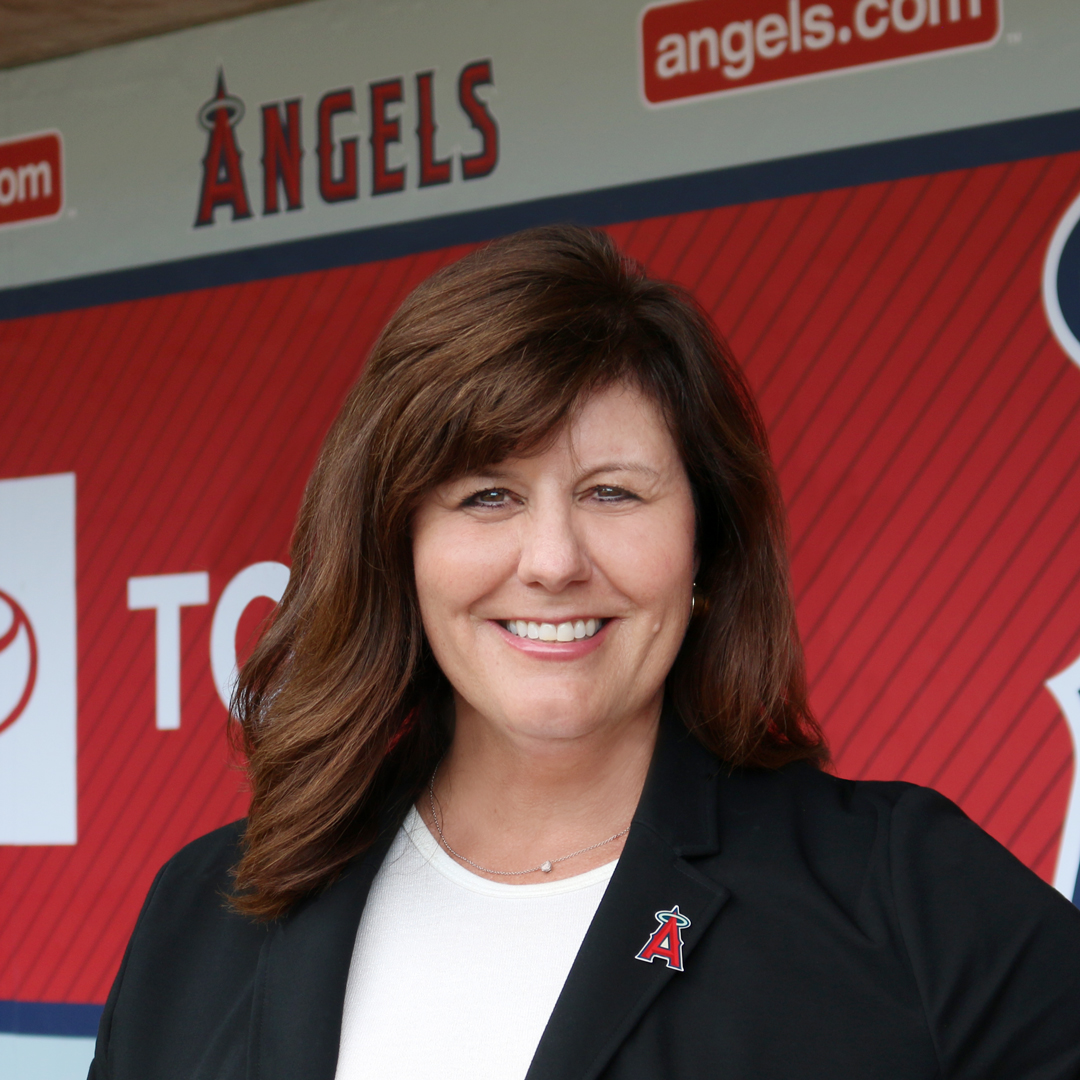|
Getting your Trinity Audio player ready...
|
When Arienne Brint stepped into the role of chief compliance officer for advanced materials and speciality chemicals company Solvay two years ago, she immediately saw areas of engagement she could improve on. “Compliance wasn’t as much of a part of the dialogue as I wanted it to be,” she explains. ”I really envisioned compliance being a priority topic, akin to safety.”
But in January 2020, at the direction of the new CEO Dr. Ilham Kadri, Solvay rolled out a new corporate purpose, along with a new strategy and key behaviors for employees that are reinforced by the company’s Code of Business Integrity, developed by Brint and her team. The corporate purpose centers on ethics and accountability as fundamental tenets of Sovay’s corporate philosophy. Kadri challenged Brint to update Solvay’s Code, to have all employees acknowledge that they have read the Code, and to create a new digital learning course on the Code—all within a six-month period. Brint and her team gladly accepted the challenge. Following that plan, Brint has already increased awareness and visibility for Solvay’s “Speak Up” compliance function for its more than twenty-four thousand employees.

Before moving into compliance, Brint got her feet wet at Solvay as vice president of government affairs for ten years, building the government affairs program for the company’s North American division. After the previous chief compliance officer announced her retirement, executives approached Brint about taking on the role. “I liked being able to put my stamp on something and make it a gold-standard program,” she says.
When Brint started in the compliance department, there were four compliance officers—one for each major region Solvay operates in. However, they only did compliance work part-time because they also had to concentrate on Solvay’s broader legal work. Now, three of those officers are full-time, and Brint has hired a full-time investigator to follow up on ethics claims.
Working with her team, Brint strives to be a communicative, collaborative leader. “When I took over the role, I brought a fresh set of eyes because I wasn’t someone who had been doing compliance for ten years,” she asserts. “I could look at our work from a different perspective.” As such, she relied heavily on the expertise of her team to identify trends in compliance work.
“I liked being able to put my stamp on something and make it a gold-standard program.”
That said, she feels her work in government affairs has come in handy in Solvay’s compliance function. In particular, Solvay’s Antibribery Anticorruption program hews closely to a lot of the work she did in her earlier role, using her experience to examine these functions from a broader, global point of view. “I have knowledge as to what doing business with government officials looks like, so I know what we need to put in place to meet our legal requirements as well,” she explains.
Much of Brint’s work involves implementing Solvay’s new conception of their Speak Up culture, which allows employees to feel comfortable raising violations of the company Code with the help of an anonymous hotline and transparent communication with management. When these changes took effect, Brint supervised a comprehensive online training program for all employees, and her team has begun integrating digital solutions into their broader compliance functions.
Since implementing these new compliance rules, there’s been a 70 percent increase in cases, which Brint feels is a sign of growth and transparency. “We’re really proud of that percentage,” she says, “because we feel like it really demonstrates that people are more aware of our Speak Up hotline and are more comfortable using it.”
While the Code of Business Integrity is new, Brint argues that Solvay has always taken to heart its central purpose: to “bond people, ideas, and elements to reinvent progress.” For all 150 years of the company’s existence, Solvay has held principles of innovation and progress close to its heart. This extends to Solvay’s corporate culture as well; the company was one of the first to offer employees paid vacations, for instance. “We’ve always had a really strong culture, but we hadn’t solidified it, for lack of a better word,” Brint explains.
“It really does go back to the fact that we want to make this a better place for employees to work.”
Now, Solvay builds its principles upon seven fundamental behaviors: caring and collaboration; being ‘customer-obsessed’; making it happen; going ‘beyond’ the call of duty; leading with purpose, heart, and mind; passionately coaching people to their potential; and always being willing to unlearn and relearn behaviors.
At the end of the day, Speak Up is about more than just cultivating an ethical workplace that acts with integrity; Brint is confident it will make Solvay more successful and competitive in the marketplace. “If you are harassed or discriminated against at work, it makes you unsettled and unbalanced, and consequently you can’t focus on the job you’re doing,” Brint argues. “It hurts our employees, but it hurts the company too.”
In cementing Solvay’s new ethical framework, Brint feels like she and her team are playing a crucial role in maintaining the principles of innovation and fairness that the company was founded on. “We feel like our work really goes hand in hand with developing Solvay’s culture and being driven by our purpose,” Brint says. “It really does go back to the fact that we want to make this a better place for employees to work.”

